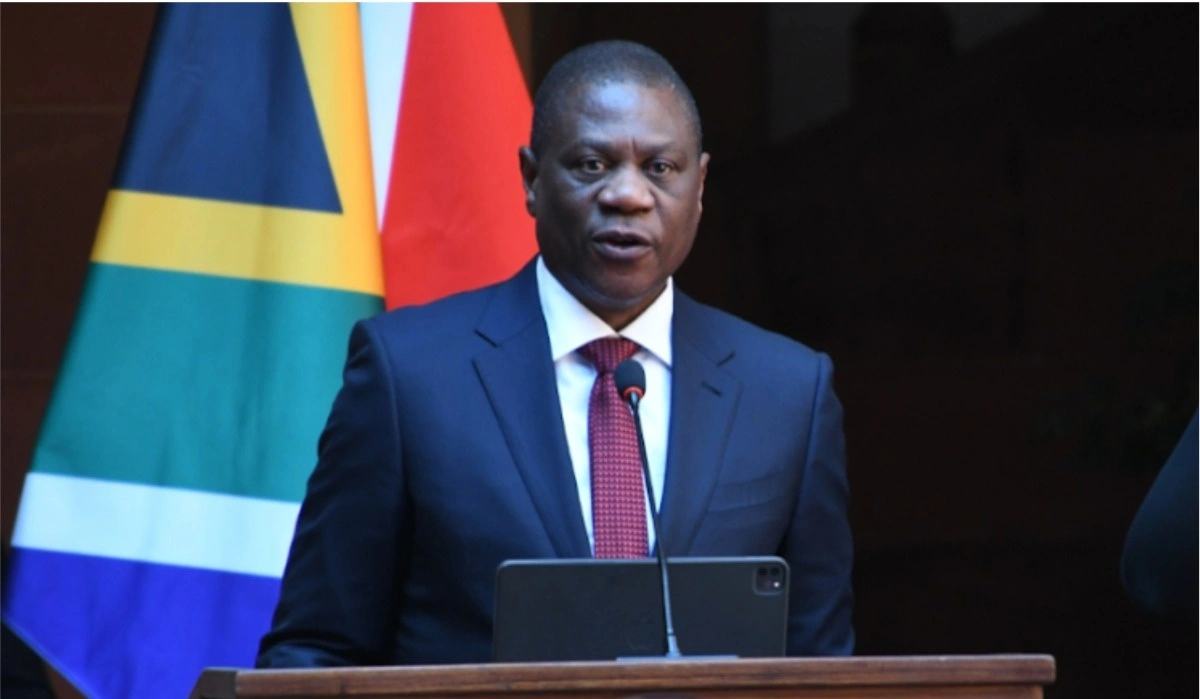Mzansi is in uproar after they discover Vice President Paul Mashatile’s family is linked to a R37 Billion lottery Licence deal.
A R37 billion national lottery operating license has become the centre of public debate after revelations emerged about ties between the winning consortium and Deputy President Paul Mashatile’s extended family. The lucrative eight-year contract, awarded in May 2025 by Trade and Industry Minister Parks Tau, is now under intense scrutiny.
Family Connections Raise Questions
Sizekhaya Holdings, the consortium granted the valuable license, counts Bellamont Gaming among its key shareholders. Business records reveal that Bellamont is co-owned by Khumo Bogatsu, who is both Mashatile’s sister-in-law and the twin sister of his wife, Humile Mashatile. The ownership structure also includes prominent KwaZulu-Natal entrepreneur Moses Tembe, who serves as Sizekhaya’s chairman.
ALSO READ: South African Jazz Legend Feya Faku Dies At 63
Allegations of Preferential Treatment
Observers have noted several public appearances where Tembe and Mashatile were photographed together at significant events, including a 2024 ANC policy launch and a 2025 international investment summit in France.
These associations have fueled speculation about potential undue influence in the bidding process, despite Mashatile’s office maintaining the deputy president had no involvement in the license award.
“The deputy president plays no role in such procurement matters, which fall completely outside his ministerial responsibilities,” stated Keith Khoza, Mashatile’s official spokesperson.
Transparency Claims and Official Silence
Sizekhaya Holdings has vigorously defended the integrity of their successful bid, asserting that all procedures were followed properly and transparently. However, neither the National Lotteries Commission nor Minister Tau’s department has responded to media inquiries regarding the growing controversy.
ALSO READ: Luxury Love: Beverly Tlhako’s Husband Stuns Her With Pink Lamborghini Surprise
The situation highlights ongoing concerns about transparency in major government contracts and the potential for political connections to influence high-value business opportunities in South Africa. As public debate intensifies, calls are growing for a full disclosure of the bidding process and evaluation criteria that led to Sizekhaya’s selection.

